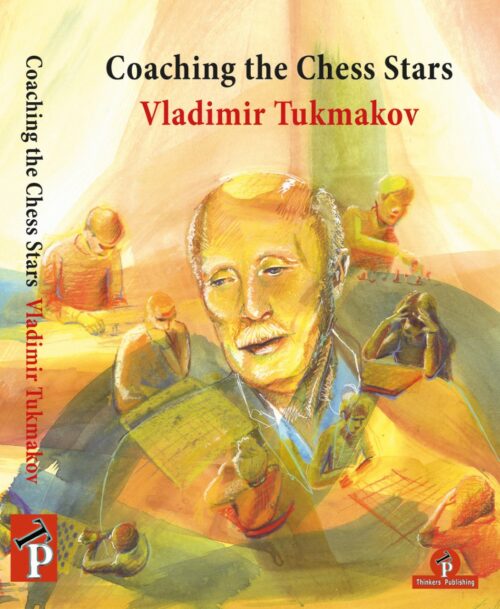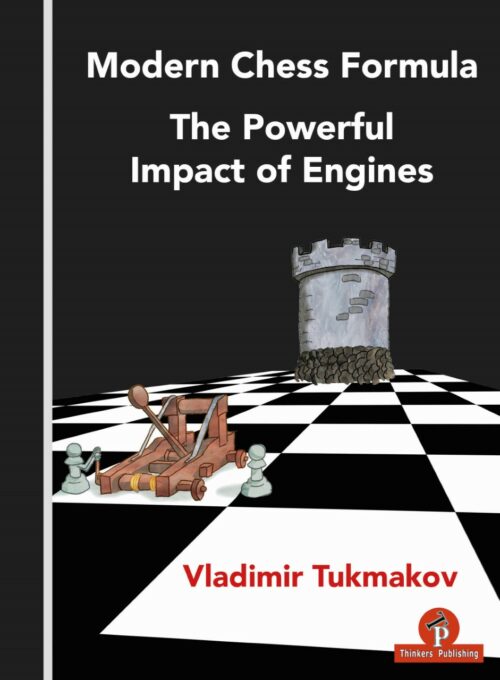-
Á útsölu!How does one achieve the unique ‘sound’ and distinct technique that are absolutely necessary to become successful at the highest level? It can only be done via a deep understanding of the chess player’s personality and the unique talent that distinguishes him from other soloists. It is here that the role of a coach is of the utmost importance. First, it is necessary to understand the nature of your student’s chess talent, and second, it is important to identify the player’s character and personality traits. His style ought to be harmonious, so that the essence of the human being matches the characteristics of his chess talent. Since it is the same emotionless computer that is now in charge of the purely chess component, it falls upon the coach to deal with the chess player’s personality, mysterious and unknowable as it might be.
-
Á útsölu!This book is dedicated to chess, though I must confess it is not that same chess with which I immediately and eternally fell in love many, many years ago. There were plenty of wonderful moments, and no shortage of horrible disappointments associated with that version of the game in which I certainly considered myself a true professional. The realities of chess life during the second half of the twentieth century are diffi cult for today’s young people to imagine or understand: Tournaments lasting 30,40 days with adjourned games being completed on specific days allotted for such adjournments. Unbelievable time trouble given that back then only the unrestrained dreamer David Bronstein even thought about incremental time to be added after each move. Mountains of cigarette butts in ashtrays — a fixed attribute of the chess battles and battlefields in those severest of days. Finally, suitcases filled to the very brim with Yugoslav Chess Informants and handmade card indexes.



